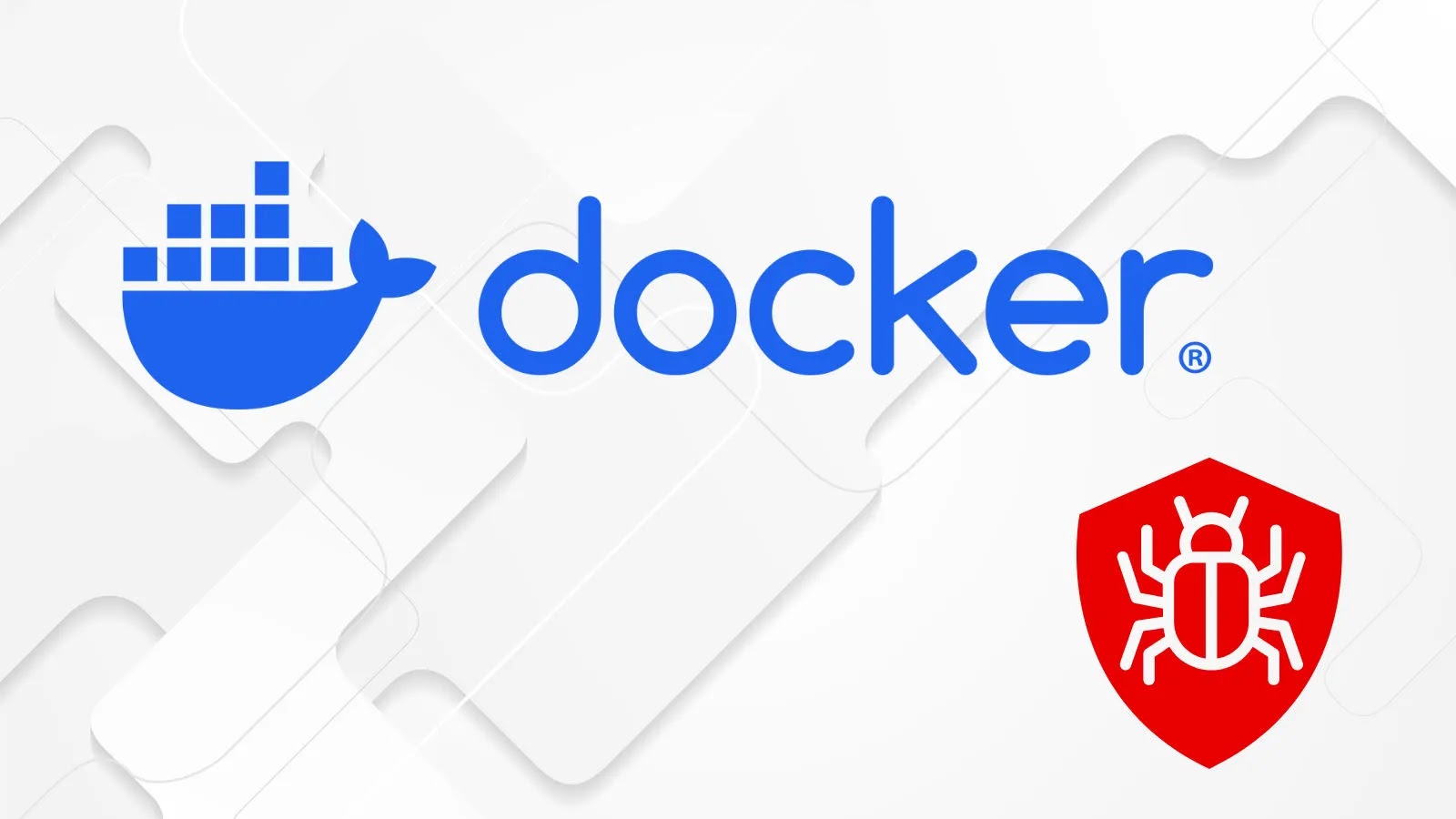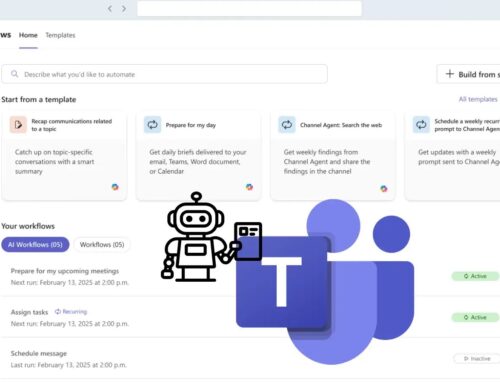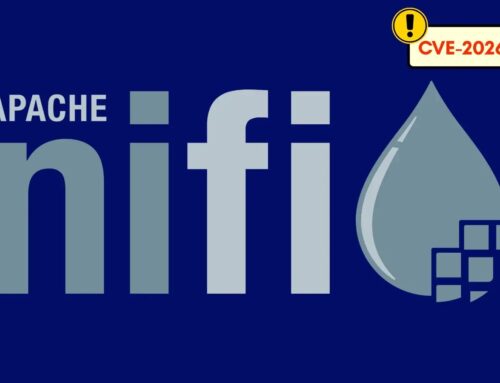
Docker Compose Vulnerability Allow Attacks To Overwrite Arbitrary Files
Docker Compose stands as a foundational tool for countless developers and operations teams, streamlining the orchestration of multi-container Docker applications. Its intuitive YAML-based definitions simplify complex deployments, making it a cornerstone of modern application development. However, this seemingly indispensable tool has recently been found to harbor a critical vulnerability that could expose host systems to severe compromise. A high-severity flaw has been identified, potentially allowing attackers to overwrite arbitrary files anywhere on a host system, posing a significant risk to the integrity and security of development and production environments alike.
Understanding the Docker Compose Arbitrary File Overwrite Vulnerability
The vulnerability, tracked as CVE-2025-62725, was discovered by security researchers at Imperva in early October 2025. This critical flaw stems from Docker Compose’s improper handling of remote artifacts within its OCI (Open Container Initiative) support. At its core, the issue enables classic path traversal attacks. What makes this particularly alarming is that these attacks can be executed without even needing to launch containers. This means an attacker doesn’t require a running service to exploit the vulnerability, significantly lowering the bar for successful exploitation.
The typical scenario for Docker Compose involves pulling images from registries to build and run containerized applications. The vulnerability exploits how Docker Compose processes these remote artifacts, allowing a malicious actor to craft specially designed packages that, when processed, can write files to unintended directories on the host system. This bypasses standard container isolation mechanisms, gaining direct access to the underlying operating system’s file structure.
Impact of Arbitrary File Overwrite
An attacker’s ability to overwrite arbitrary files on a host system is one of the most potent forms of compromise. The potential impact is extensive and severe:
- System Compromise: Overwriting critical system files (e.g., SSH authorized_keys, configuration files for services like NGINX or Apache, or even binaries) can lead to complete system takeover, privilege escalation, or denial-of-service.
- Data Tampering and Destruction: Attackers could modify or delete crucial application data, databases, or system logs, leading to data integrity issues or irreversible data loss.
- Malware Injection: Malicious code can be injected into legitimate files or new executables dropped onto the system, establishing persistence or launching further attacks.
- Information Disclosure: While primarily an overwrite vulnerability, the ability to manipulate file paths can sometimes be chained with other techniques to access or exfiltrate sensitive information, though direct information disclosure isn’t the primary impact.
Remediation Actions and Best Practices
Mitigating CVE-2025-62725 and similar vulnerabilities requires a multi-layered approach encompassing immediate action and long-term security hygiene:
- Update Docker Compose Immediately: The most crucial step is to update your Docker Compose installation to the latest patched version. Developers should prioritize this update across all environments. Consult official Docker documentation for the specific version containing the fix.
- Validate Image Sources: Only pull Docker images from trusted, verified registries. Scrutinize any image that originates from an unknown or untrusted source. Implement image signing and verification processes where possible.
- Least Privilege Principle: Run Docker Compose with the lowest possible privileges. Avoid running it as root unless absolutely necessary, and consider container orchestration tools that minimize the host system’s exposure.
- Network Segmentation: Isolate development and production environments. Implement network segmentation to limit the blast radius should a system become compromised.
- Regular Security Audits: Conduct regular security audits of your Docker environments and the images you use. Utilize vulnerability scanners to identify known vulnerabilities in your base images and application dependencies.
- File Integrity Monitoring (FIM): Deploy FIM solutions on host systems running Docker Compose to detect unauthorized changes to critical files and configurations.
Tools for Detection and Mitigation
Leveraging appropriate security tools can significantly enhance your ability to detect and prevent such vulnerabilities.
| Tool Name | Purpose | Link |
|---|---|---|
| Trivy | Comprehensive vulnerability scanner for container images, file systems, and Git repositories. | https://aquasecurity.github.io/trivy/ |
| Clair | Open-source project for the static analysis of vulnerabilities in application containers. | https://github.com/quay/clair |
| OpenSCAP | Provides a framework for vulnerability management based on the SCAP standard. | https://www.open-scap.org/ |
| Docker Scout | Offers insights into image vulnerabilities, policies, and software supply chain. | https://www.docker.com/products/docker-scout/ |
Conclusion
The discovery of CVE-2025-62725 in Docker Compose underscores the critical importance of continuous vigilance in the software supply chain. An arbitrary file overwrite vulnerability, particularly one that does not require container execution, represents a significant threat to organizational security. Prompt updates, rigorous validation of image sources, and adherence to security best practices are essential to protect host systems from compromise. As containerization continues to be a cornerstone of modern infrastructure, it is imperative to remain proactive in addressing potential weaknesses within these widely adopted tools.





